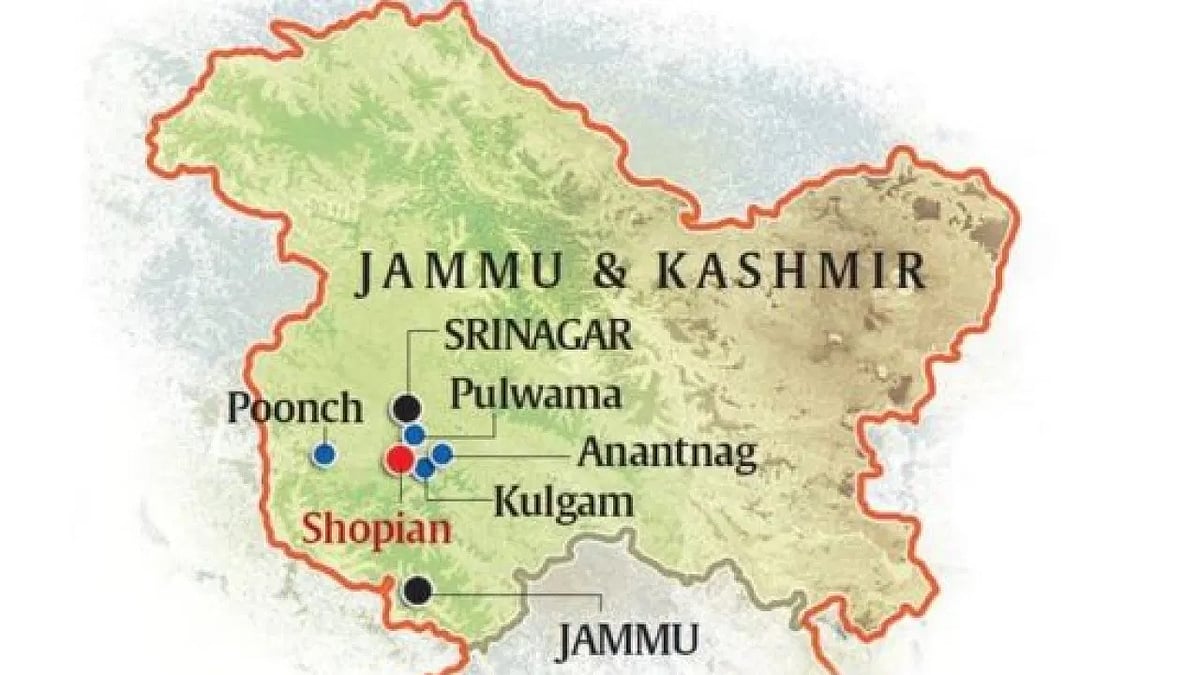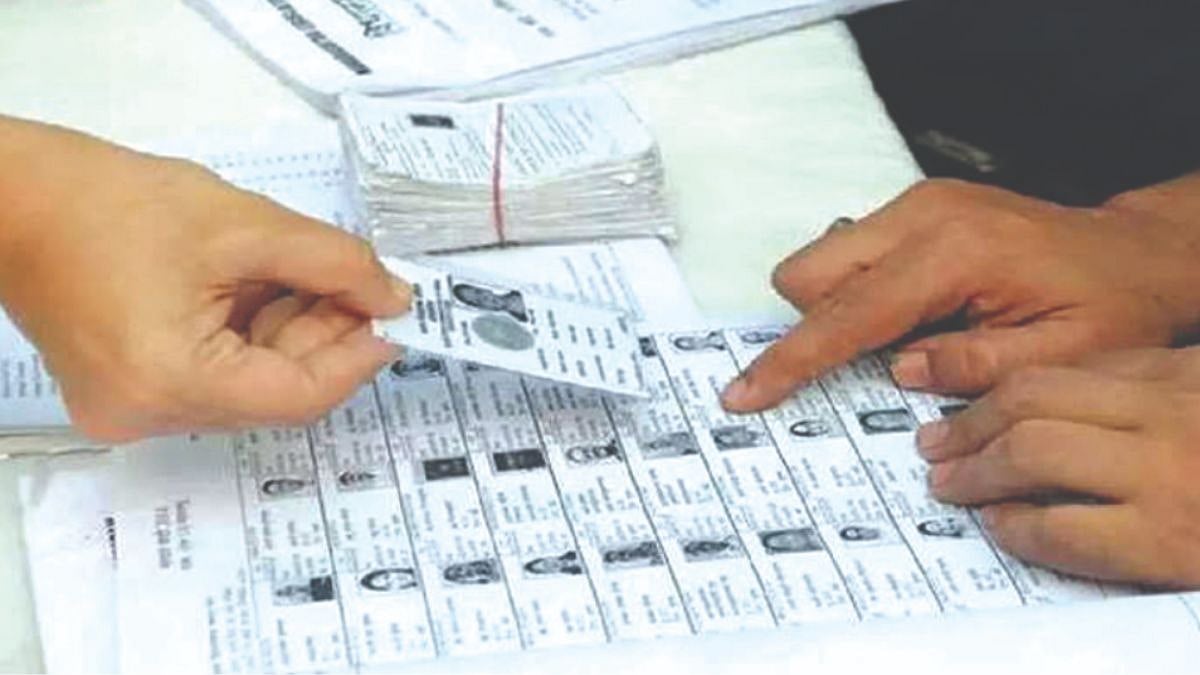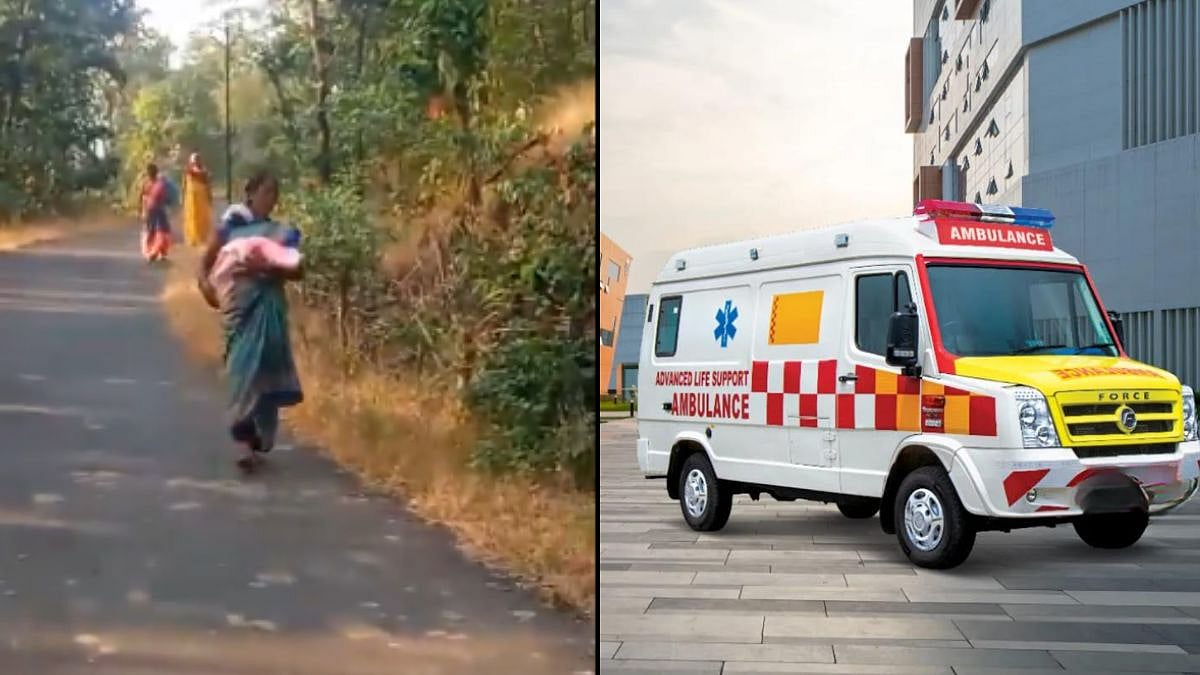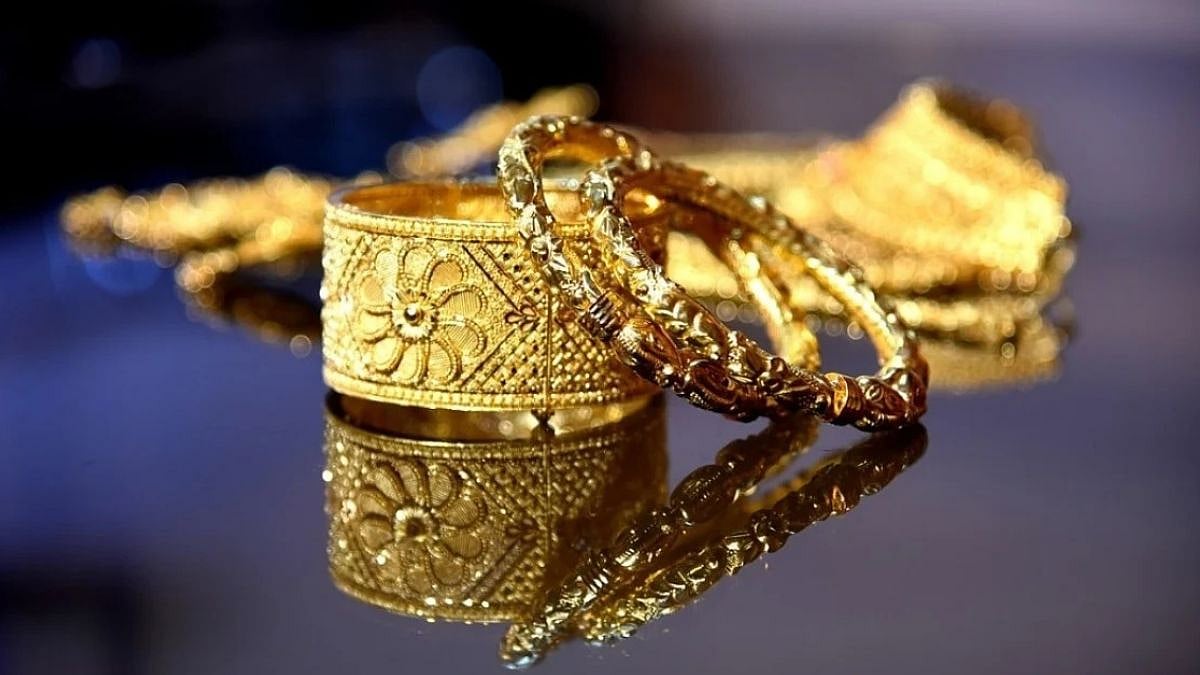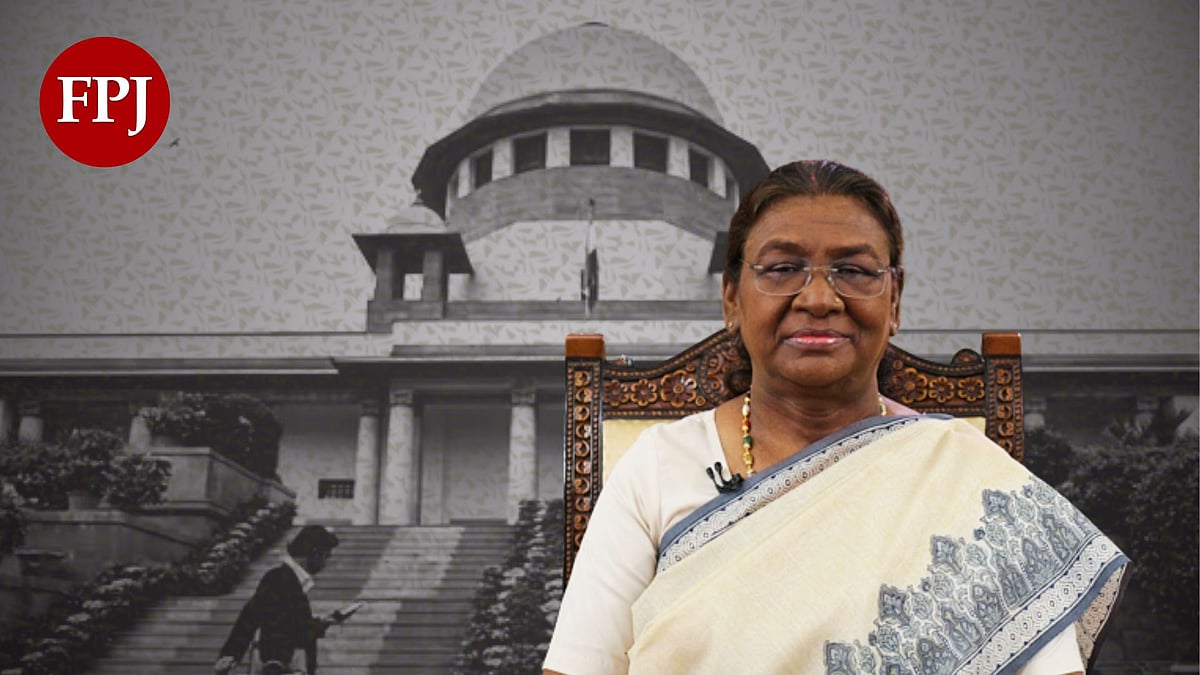Prime Minister Narendra Modi has done well to initiate a political process in the Union Territory of Jammu and Kashmir by calling an all-party meeting in New Delhi on June 24. The response to the initiative has so far been very good, with most state parties, including the National Conference and the Progressive Democratic Party, seeing a ray of hope in the political dialogue. All political parties are agreed on the view that dialogue is the only way forward in the UT. They also know that the present political stalemate will do no good to the nation. By no stretch of the imagination can it be said that the abrogation of Article 370 and the vivisection of the state into two UTs of J&K and Ladakh in August 2019 was a great success.
True, the kind of violent response that a few expected in the Valley in the wake of the announcement made by Home Minister Amit Shah, under which J&K ceased to be a state did not happen. Nor was there any boisterous appreciation of the move anywhere in the country. Many mainstream political parties preferred to be diplomatic while responding to the abolition of the special status enjoyed by J&K, since it became an integral part of the country following Maharaja Hari Singh signing the Instrument of Accession. Equally true, the international response to the Centre’s action was lukewarm, with many countries accepting the status quo. However, allowance has to be made for the fact that J&K had to be kept in a lockdown condition for a long period.
Nobody can deny that the people of J&K, especially those in the Valley, had to suffer privations of all kinds. The situation did not certainly redound to the credit of the nation, arguably the most populous democracy in the world. Keeping political leaders like former chief ministers Farooq Abdullah and Mehbooba Mufti imprisoned, though in their own houses, did not show the government in a good light. While some may claim that it was the Centre’s tough decisions in Punjab that led to restoration of peace there, the fact is that it was the resumption of the democratic process that ultimately brought peace to the border state. In other words, restoration of democracy is the key to normalisation of life in J&K. Needless to say, the earlier this is done, the better it will be for the nation.
Once the delimitation process, now underway in the UT, is completed, elections to the J&K assembly can be set in motion. The elections will be meaningful only if all the national parties like the BJP, the Congress and the CPM and the state parties like the J&K Apni Party and the People’s Conference, not to mention the NC and the PDP, join the fray. The successful completion of elections will prove to the world, if at all any such proof needs to be proffered, that J&K’s problems are an internal problem and it can be solved internally in a give-and-take manner. For this, some confidence-building measures are required, which will also enthuse the parties ready to attend the June 24 meeting.
Nobody can dispute the fact that the abrogation of Article 370 was one of the key promises made by the BJP to the electorate. In fact, ever since the Article was incorporated in the Constitution, the party has been opposing it. In fact, its opposition goes back to the days when it was known as the Bharatiya Jana Sangh. The party’s folklore has it that its founder-president lost his life while fighting against the special status of J&K. In all its election manifestos, the promise of abrogation of Article 370 found a pride of place. However, the same cannot be said about the decision to reduce the status of J&K to two Union Territories. Such a promise was not mentioned even in the BJP’s 2019 election manifesto.
Since the BJP has the requisite majority in Parliament, it could get away with the decision to deprive J&K of statehood. Most parties were also not willing to put up stiff resistance to the Centre’s plans. This did not vest the decision with political legitimacy, for it set a precedent by which the Centre can convert any inconvenient state into a Union Territory. A willingness to review the decision and restore statehood to J&K will go a long way in instilling confidence in the minds of the people. Hopefully, this will be part of the agenda for the all-party meeting.
